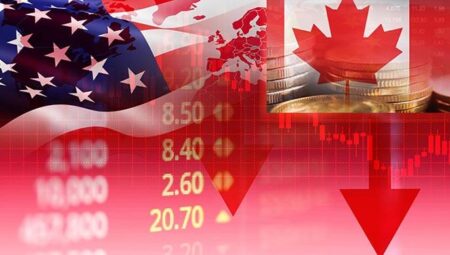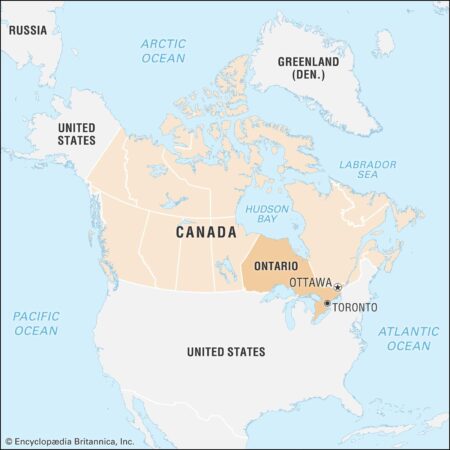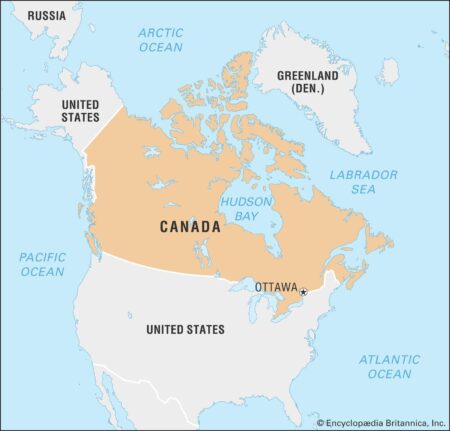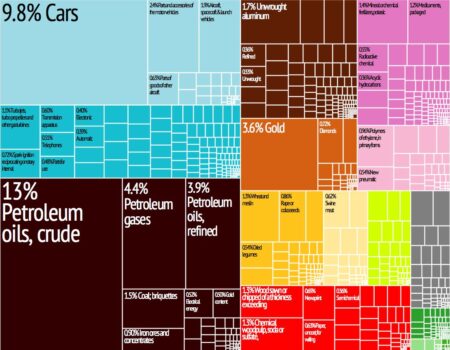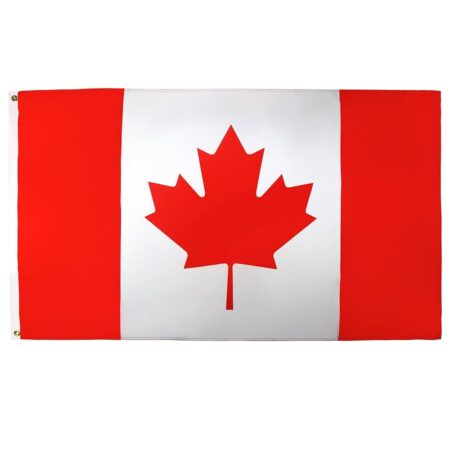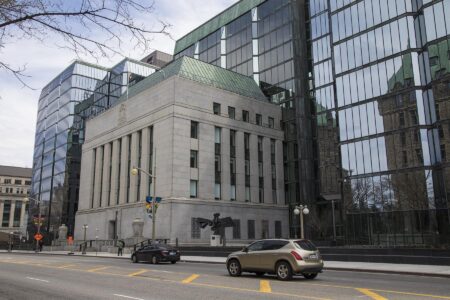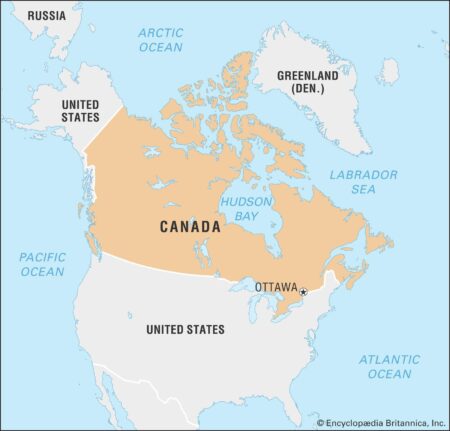Sukhpreet Singh, originally from India, was arrested in Texas and extradited to Canada in connection with the high-profile abduction case of Elnaz Hajtamiri, authorities confirmed. The investigation is still actively underway
Browsing: Canada
The Canadian Federation of Independent Business is sounding the alarm: soaring tariffs in the Canada-U.S. trade war are threatening the survival of small businesses. They’re urging the government to take swift action to protect cross-border trade and secure our economic future
A groundbreaking new program has just launched to empower Black Canadian music managers, aiming to boost representation and provide essential industry resources. Highlighted by Billboard, this dynamic initiative promises to spark greater diversity and energy within Canada’s thriving music scene
Netflix’s thrilling series “Wayward” brilliantly transforms Ontario, Canada, into the enchanting fictional town of Tall Pines, Vermont. Through carefully selected filming locations and meticulous set design, the show vividly captures the charm and spirit of a quintessential small Vermont town
Melamoon 2025 has landed in Canada with an inspiring mission: to ignite the success of Black entrepreneurs by providing essential funding, expert mentorship, and dynamic networking opportunities. This trailblazing initiative is breaking new ground, driving economic equity, and unleashing a surge of innovation
Canada has unveiled the Defence Investment Agency, a bold move to accelerate and streamline military procurement. This initiative is set to enhance operational readiness and strengthen the nation’s defense capabilities amid escalating global challenges
Canada continues to shine as a global trade powerhouse, exporting prized commodities like oil and timber while importing crucial machinery and vehicles. Its robust trade ties with the U.S., China, and Mexico highlight Canada’s key role in connecting North America with the wider world
Canada and Indonesia are poised to finalize their very first North American trade agreement, signaling a bold and strategic leap in an era of changing global alliances. This landmark deal promises to deepen economic ties and deliver a strong, united response to rising geopolitical challenges
The Bank of Canada caught markets off guard by slashing interest rates, despite ongoing uncertainty surrounding the inflation outlook, according to minutes from the latest meeting. Officials weighed economic risks with caution before deciding to ease monetary policy
An organized crime figure was fatally shot, and two others were wounded during a shocking attack at a Starbucks in Laval, Quebec. Authorities are actively investigating this violent episode at the bustling café. So far, no arrests have been made
Kelsey Plum and Jordin Canada headline Unrivaled’s thrilling final roster reveal for 2026, as spotlighted by Bleacher Report. This star-studded lineup highlights the top-tier talent poised to dominate the upcoming season
Canada has just updated its travel advice for the U.S., introducing a new rule that directly affects LGBTQ+ travellers. This important change aims to provide clear, up-to-date guidance on safety and rights amid evolving policies, reports Inside Halton
A system outage at the Canada-U.S. border is triggering major delays in commercial processing, disrupting trade and leading to long wait times. Authorities are working around the clock to resolve the issue and get operations back to normal as quickly as possible
A system outage at the Canada-U.S. border has sparked significant delays in commercial processing, causing widespread disruption to trade and transport throughout the region. Officials are working around the clock to resolve the issue and restore smooth operations as swiftly as possible
Canada has surged back as a leading study abroad destination in 2025, attracting thousands of international students with its exceptional education, dynamic culture, and welcoming immigration policies, ImmigCanada reports
N.W.T. Premier recently sat down with the U.S. Ambassador to Canada to confront the challenges that the ongoing trade war presents for Northern communities. United in purpose, they emphasized the power of collaboration to protect local economies and ensure cross-border trade continues to flourish
American Airlines has joined forces with Porter Airlines to offer you thrilling new travel opportunities to Canada. This dynamic partnership is set to enhance connectivity, making your trips between the U.S. and key Canadian cities easier, faster, and more enjoyable than ever before!
COVID-19 vaccine campaigns for 2025-26 have officially kicked off across Canada, gearing up to strengthen immunity against possible new variants. Public health officials strongly encourage all eligible Canadians to roll up their sleeves and get vaccinated
A man has been charged in the heartbreaking death of a Canadian tourist on a golf trip to Sheboygan Falls. Authorities are working diligently to uncover all the details of this tragic incident. Stay with WISN for the latest updates as this story develops
Canada’s Kone electrified the pitch with his blazing speed and dazzling skill, scoring an unforgettable first career goal for Sassuolo-a thrilling moment that lit up the early stages of his Serie A journey. A shining star on the rise, promising exciting times ahead for the young forward


